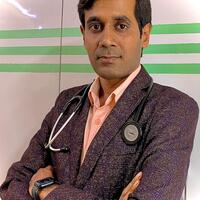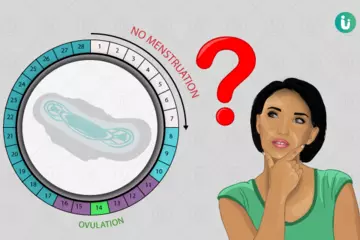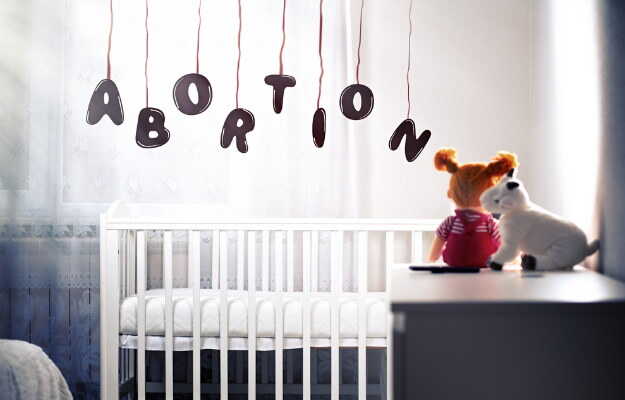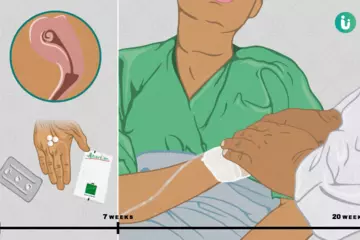What is delusional disorder?
Delusional disorder, a type of psychosis, is a serious mental illness, featuring extraordinary conviction in abnormal beliefs. One believes untrue imaginations to be true and is completely ignorant of experiential evidence. It was previously referred to as paranoid disorder.
What are its main signs and symptoms?
The most common symptom is the presence of non-bizarre delusions.
Other symptoms include:
- Unusual mood swings
- One may appear to be agitated or sometimes disinterested in normal activities
- Hallucinations and disturbed behaviour related to the delusion
- Disorganised thought process
- Perverted logic
- Heightened sense of self-reference in relation to usually insignificant events and surroundings
What are its main causes?
The main causative factors include:
- Genetic factors: It has been observed that delusional disorder has a higher chance of occurring when a family member suffers from some psychotic disorder or schizophrenia.
- Biological factor: Imbalance of chemicals in the nervous system.
- Environmental or psychological factor: History of trauma or stress, alcohol or drug abuse.
- People who are deaf are commonly known to suffer from delusional disorders. Socially isolated people with visual defects or other illnesses and immigrants are also at high risk of delusional disorders.
How is it diagnosed and treated?
Like other mental disorders, there is no specific diagnostic method for delusional disorders.
- Proper medical history and clinical examination are necessary for diagnosis.
- Neurologic examination along with radiographic tests aid in diagnosis.
- Electroencephalography is very useful in detecting and assessing delusional disorders.
Treatment of delusional disorders requires a combination of medication and psychological therapy.
- Medications include: Antipsychotics, antidepressants and tranquilisers.
- Hospital stabilisation and care may be required in severe cases.
Psychotherapy is a combination of individual and family therapy along with cognitive and behavioural therapy of the patient.
Individual therapy addresses the distorted, unrealistic thought process and helps one to correct it.
Family therapy works on enabling family members to deal better with a person suffering from delusional disorder.
Cognitive-behavioural therapy is a psychosocial intervention that helps to change or modify the way a person thinks and behaves.

 Doctors for Delusional Disorder
Doctors for Delusional Disorder  OTC Medicines for Delusional Disorder
OTC Medicines for Delusional Disorder



















